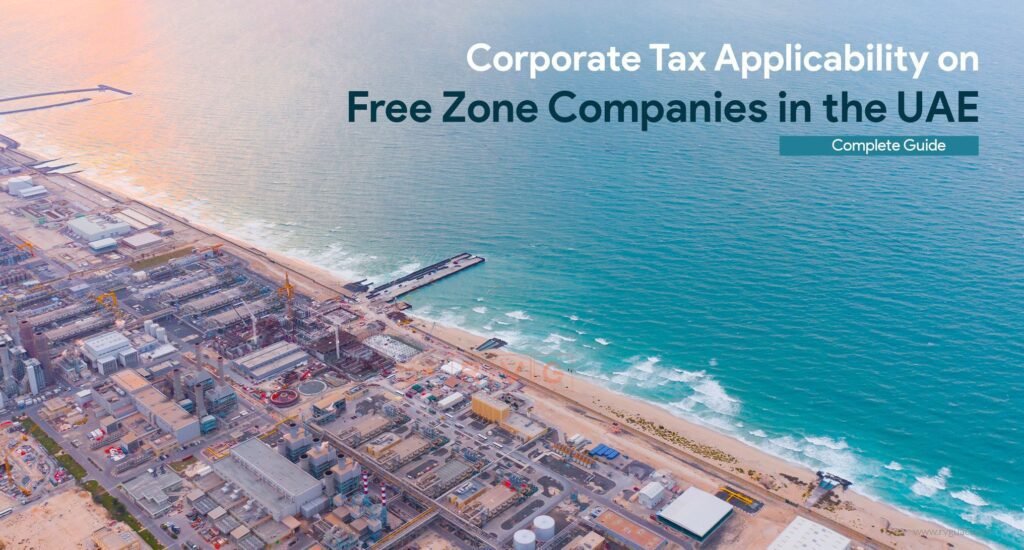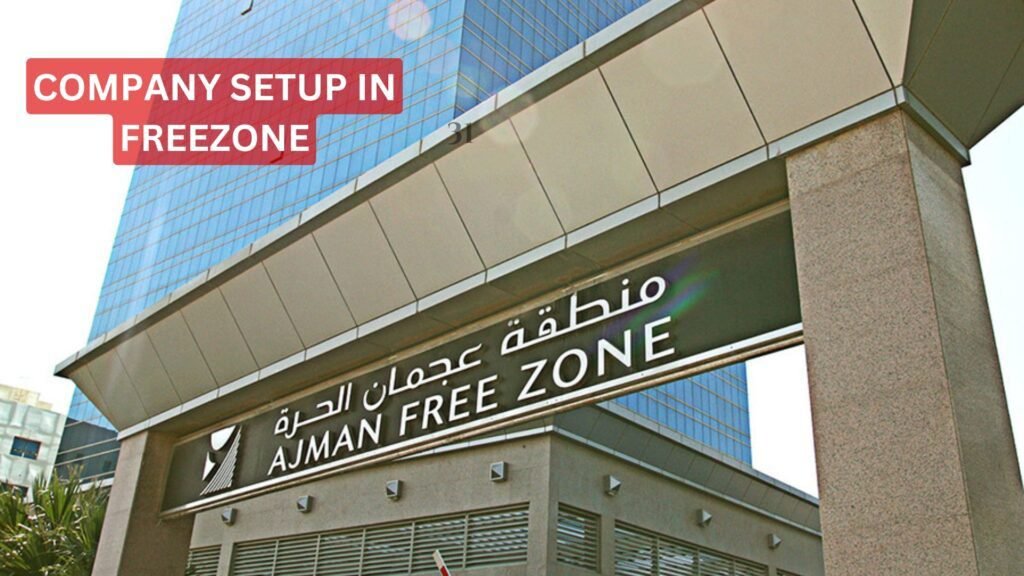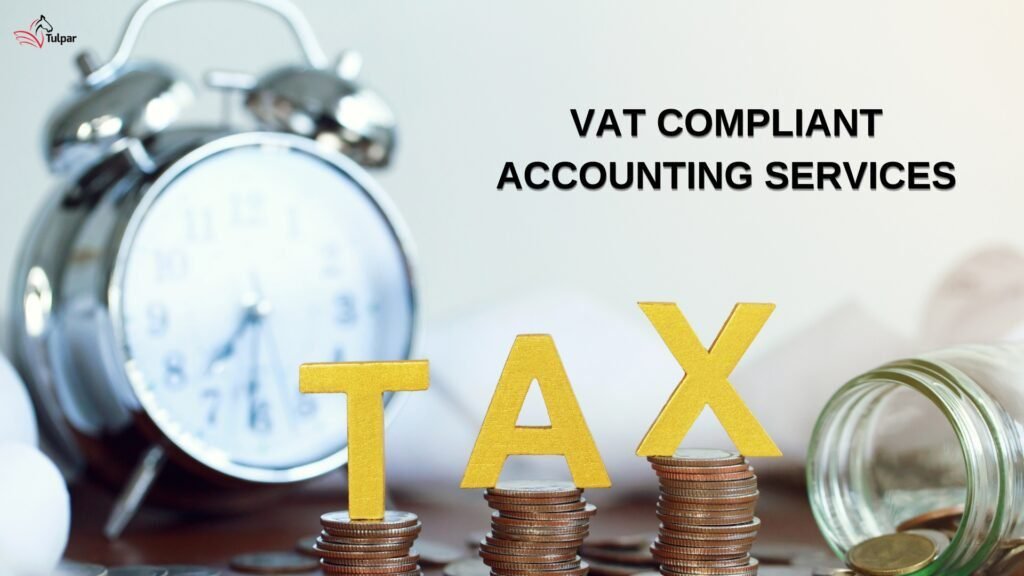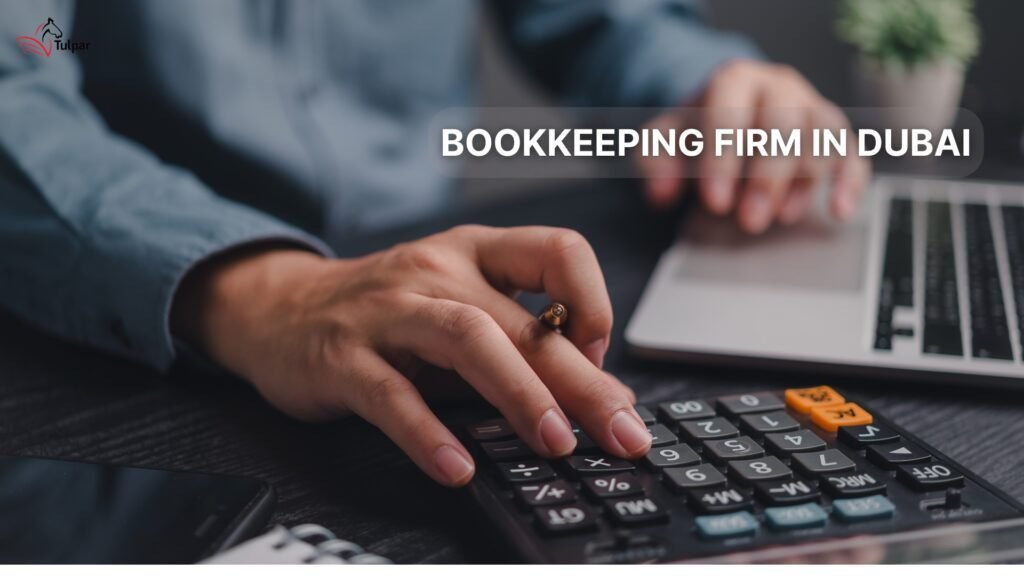Corporate Tax For Free Zone Companies in the UAE

Schedule Now In the United Arab Emirates (UAE), Free Zone companies are entities established within specific economic zones designated by the government to attract foreign investment. These zones offer incentives such as exemption from corporate and personal taxes, customs duty benefits, and the ability to have full foreign ownership rights. As a leading financial center […]
Company Setup in Freezone

Schedule Now Table of Contents Related Articles Let’s Talk Sign Up For Free Consultation Company Setup in Freezone Are you looking to set up a company in the UAE? Freezone company formation is one of the most efficient and cost-effective ways to start a business in Dubai and other key locations across the UAE. Free […]
Vat Compliant Accounting Services

Schedule Now Table of Contents Related Articles Let’s Talk Sign Up For Free Consultation vat compliant accounting services Navigating the complexities of VAT compliance is essential for businesses in Dubai and the UAE. Tulpar Global Taxation Services specializes in offering comprehensive VAT accounting services designed to streamline your tax obligations. From accurate VAT registration to seamless VAT […]
Expert VAT Services in UAE

Schedule Now Table of Contents Related Articles Let’s Talk Sign Up For Free Consultation Expert VAT Services in UAE for Seamless Compliance As a business owner in the UAE, staying compliant with VAT regulations is crucial to avoid penalties, fines, and potential legal issues. Since the introduction of VAT in the UAE in 2018, businesses […]
Bookkeeping Firm in Dubai

Schedule Now Table of Contents Related Articles Let’s Talk Sign Up For Free Consultation Bookkeeping Firm Running a successful business in Dubai requires a strong financial foundation, and effective bookkeeping lies at its core. As one of the fastest-growing economic hubs, Dubai offers unparalleled opportunities—but with them comes the responsibility of adhering to complex financial […]
Tax Consultant Certified by the UAE Tax Authority

Schedule Now Table of Contents Related Articles Let’s Talk Sign Up For Free Consultation Tax Consultant Certified by the UAE Tax Authority The UAE has made significant strides in shaping its modern tax landscape, primarily through the introduction of Value-Added Tax (VAT), excise tax, and corporate tax. The introduction of VAT in 2018, along with […]
Unlock the Power of Expert Tax Services in Dubai

Schedule Now Table of Contents Related Articles Let’s Talk Sign Up For Free Consultation Expert Tax Services in Dubai Navigating the complexities of Dubai’s tax environment requires more than just understanding the basics; it demands precision, expertise, and a forward-thinking strategy. With the introduction of Value-Added Tax (VAT), Corporate Tax, and evolving international compliance requirements, […]
Understanding Excise Tax in the UAE

Schedule Now Table of Contents Related Articles Let’s Talk Sign Up For Free Consultation Understanding Excise Tax Excise tax is a form of indirect tax implemented in the UAE to reduce the consumption of harmful products and protect public health or the environment. This tax applies to specific excise goods, including tobacco and tobacco products, […]
VAT Consultancy Services in Dubai

Schedule Now Table of Contents Related Articles Let’s Talk Sign Up For Free Consultation VAT Consultancy Services VAT consultancy services play a vital role in ensuring businesses in the UAE comply with the Federal Tax Authority’s regulations. With the introduction of VAT law, companies in Dubai must register for VAT and adhere to stringent guidelines […]

